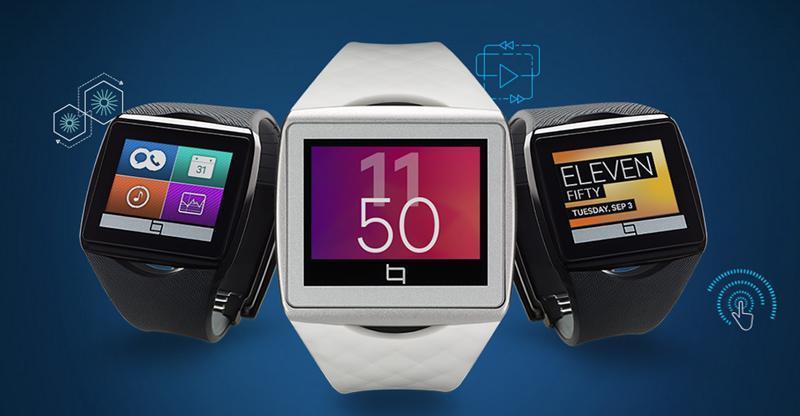
As much as a consumer might like any particular ecosystem, it's a sure bet that the manufacturers behind those ecosystems like them more. They have to like them, because their job is to get people so invested in them that when they create new products or features, it's not supposed to be surprising when they only work within the ecosystem. Just look at Samsung and Apple. They're so in love with their ecosystems that they practically depend on you loving them, too.
And hey, it works. You can't fault Samsung or Apple (or others, because it's certainly not only them) for wanting to keep you in their own walled systems. If they can keep you there, then it means you're still buying their products. That's a win in their book.
Look at the results. The majority of folks seem to love these ecosystems to the point that they refuse to try other platforms, or even like other mobile operating systems or companies, simply because they're so invested where they are now. There's nothing wrong with that. As long as you're happy with what you're using, it doesn't matter what anyone thinks about what you're using.
Unfortunately, for me, I'm kind of over it.
I hate when companies limit their products in any way. Even if it's obvious that companies want you to use their products and stay inside their system, it's still frustrating to see something like a smartwatch be limited right out of the gate. It's a watch. An accessory. Moreover, it's an accessory that's meant to be worn and used every day by a lot of people. That's the whole point of it existing. To limit it to one mobile OS, or even to specific devices, seems utterly pointless.
Samsung's "keep it in the family" ideal was never more apparent than when they launched the Galaxy Gear wearable. Right out of the gate it worked with only Android, and it only worked with their Galaxy Note 3 device. It's started to gain more functionality between Samsung-branded devices, but it doesn't look like you'll ever be able to pair a Windows Phone-based device to your Galaxy Gear accessory. Or an iPhone for that matter.
Before Samsung even announced the Galaxy Gear, I wrote an article about Samsung not limiting their smartwatch, about giving it more platforms to support so more people could use it. That didn't happen (and they actually limited even more than I could have imagined), so I'm chalking that up to a lost cause for now. Instead, I need to direct that sentiment across the board, to every manufacturer out there, from big to small, who is hoping to jump on the smartwatch craze.
Just look at Qualcomm. I'm not sure if anyone really expected that particular company to launch their own smartwatch, but here we are. What's not so surprising is that with their now Toq accessory, it only supports Android devices. Sorry iOS and Windows Phone and BlackBerry users, you're out of luck.
Even the Pebble watch, which is arguably the most popular smartwatch on the market right now, doesn't support more than two mobile operating systems. I know it takes work, and probably a lot more work, to get support for varying versions of an OS, especially when you start throwing in more, but when we're dealing with an accessory like this, I think it might be worth it.
What if Bluetooth headsets only worked with iOS, or Android? We'd think that's ridiculous. And yet, here we are with watches, which are meant to help us in our daily lives, and we're apparently okay with their limited reach.
I'd like to see it change. In fact, I think if the smartwatch "craze" is going to actually take off, then it needs to change. Someone out there needs to support everything (relevant), with a design that's fantastic, with a battery life that's great, and with notifications that actually work both ways (from watch to device, and vice versa). Will that happen anytime soon? Good question. I guess we'll just have to keep our fingers crossed.
Have you jumped on the smartwatch bandwagon yet? If so, would you prefer it if your device supported more devices, so you didn't have to worry about picking your next phone? Let me know what you think.